Q&A with Ada Nwosu, BSPH Alum in Health Policy and Management
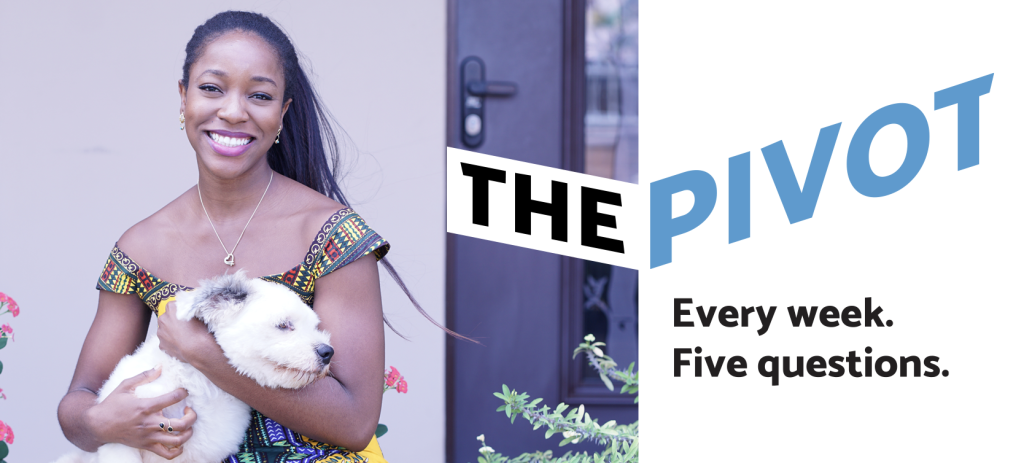
Read the original post here.
Ada Nwosu creates international development strategies that promote global health.

What’s your role in public health?
I’m a graduate of the Bachelor of Science in Public Health program in the Department of Health Policy and Management at the Gillings School, and I’m currently in medical school. I also run a company that does social outreach programs, one of which focuses on education for women and girls.
I think one of the unique things about public health is the multiple intersections that it has with public policy, education and other industries. Public health has a much broader scope than many people realize, because it considers socioeconomic determinants — like finances and education — that play a role in a person’s health.
My family and I are from Nigeria. We’re a big education family, and we invest heavily in education. In Abuja, my mom has a school for primary and special needs education. My father also invested in rebuilding a high school called the Government College Umuahia, which is the school my grandfather attended in the early 20th century. It educated a lot of a lot of prominent Nigerians and Nigerian-Americans, but it had been completely shut down. My dad generously contributed a substantial part of his wealth to the refurbishment of the school before passing, and it reopened this September. My father also rebuilt primary and secondary schools in rural areas to educate children from lower-income families, whose tuition and feeding we subsidize through donations and trusts. We simply believe that education is the bed rock of societal progress.
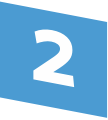
Can you describe your focus area in one sentence?
I focus on international development and sustainability with a social justice and equity lens.
Social justice is public health. Undoing racism and the systemic palavers it causes — that is very much public health.
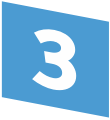
What brought you to public health?
The question is more so what brought me to health policy and management! I wanted to be part of institutional reform to improve equitable access to care and build health systems that matched the sociocultural norms of constituents.
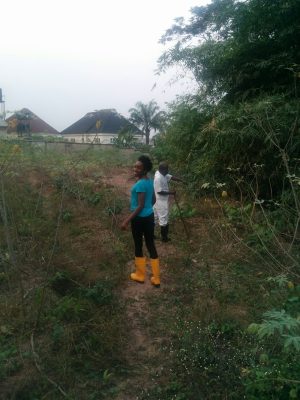
Ada and her father walk to the family farm.
During my time at Gillings, we had a speaker from the Harvard School of Public Health give a talk about his work on HIV/AIDS in Botswana, which he co-wrote about in the book Saturday is for Funerals. I liked that humanist approach to public health. I saw that he really connected with what he was doing and took a sort of anthropological perspective to public health, spending that time engaging with the community. I wanted to have that approach when I went out in the field.
I saw a need for cultural competency in global public health in order to understand how a country can achieve sustainable health programs in a way that also integrates other parts of society. That led me to pursue a master’s degree in international development at the London School of Economics and Political Science. I saw an opportunity to approach global health in a way that considers the influence a country’s entire ecosystem has on health outcomes, which many existing programs couldn’t really change.
After graduation, I went into investment finance. I worked on a variety of projects related to building infrastructure, health infrastructure and diagnostic tools across various geopolitical zones in Nigeria – the work was all very much public health related, but with a finance lens. Then, I worked with the International Vaccine Access Center on a project called Saving One Million Lives. I also briefly worked on a health project with the United Kingdom’s Department for International Development.
After that, I became manager on a very large public health project in a community that had been severely damaged by oil spillages. That project had all the pillars of public health: outreach, changing behavior, involving community leaders, education and even infrastructure — building new hospitals and primary care centers. It touched everything.
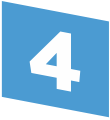
What does the future of public health look like to you?
Right now, I’m pursing a medical degree. I didn’t always want to be a medical doctor — I strongly disliked the smell of hospitals and erroneously thought that medicine would be too narrow of a pursuit. However, true to my purpose of engaging in institutional reform, I’ve found myself (involuntarily) right at the center of reform in medicine. Through the courage only God can give, I confronted a racist medical institution, which resulted in the head of the medical school and program director being changed.
Change is tough and necessary, and oft times societal advancement involves personal sacrifice. We need more people to courageously step up for justice — irrespective of personal cost and comfort.
It takes a lot of guts for white people in positions of leadership to acknowledge and voice that racism is a public health issue, as Dean Rimer did when she was sitting dean of the Gillings School, because such a statement does make people uncomfortable. No one wants to be accused of being racist — it’s a societal taboo, and yet it’s among the hardest of behaviors to change. That’s exactly why we need health behavior and education to re-educate people about all the subtle ways racism rears its ugly head in our daily lives and decisions and denies people access to opportunity.
To achieve inclusion, there must be participation from all races rather than finger pointing and extremism. The trans-Atlantic slave trade would not have begun if certain members of the Black community did not prioritize personal expedience, and it wouldn’t have been abolished if some white people didn’t think slavery was morally wrong. My great grandfather narrowly escaped being sold, but his brother was captured and traded. I use the shame of slavery as an example not to absolve any party, but rather to showcase that society prospers economically and politically when sincere grace and love abound.
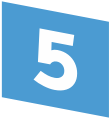
Who are you when you’re at home?
Ha! I’m a director in multiple companies, so I have to give a good answer.
I love to do acrylic painting in my spare time (when I find it), and I love flower gardening. I dance ballet as well.
While I don’t have much spare time, a lot of my creative energy goes towards my company, MonAfrique, which aims to promote international development through fairer trade and education. We retail and wholesale premium consumer lifestyle products that feature artists from places including Rwanda, Nigeria, the United States, Istanbul and Greece.
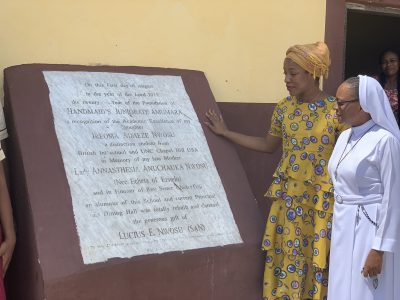
Ada (at left) views the inscription at the canteen her father dedicated to her.
I also work on continuing our family’s educational legacy. I recently had the chance to visit a middle and high school my father had been a benefactor to, which is called Handmaids Holy Child Juniorate. He had rebuilt their canteens in 2015, and he dedicated the dining hall in my honor after I graduated from UNC-Chapel Hill with distinction. He wanted the name to serve as encouragement for the girls at the school.
[Editor’s note: I sheepishly had to admit that I did not know what a canteen was in this context. Ada was gracious in explaining that it is similar to a cafeteria.]
They also have a maternal clinic there, which pleases me as it plays an important public health role.
